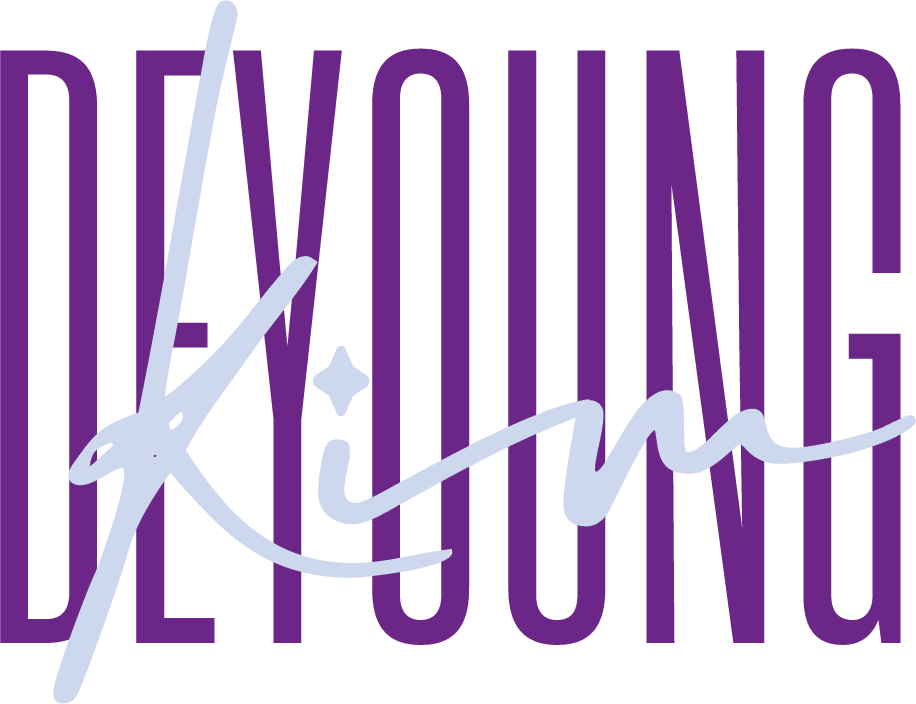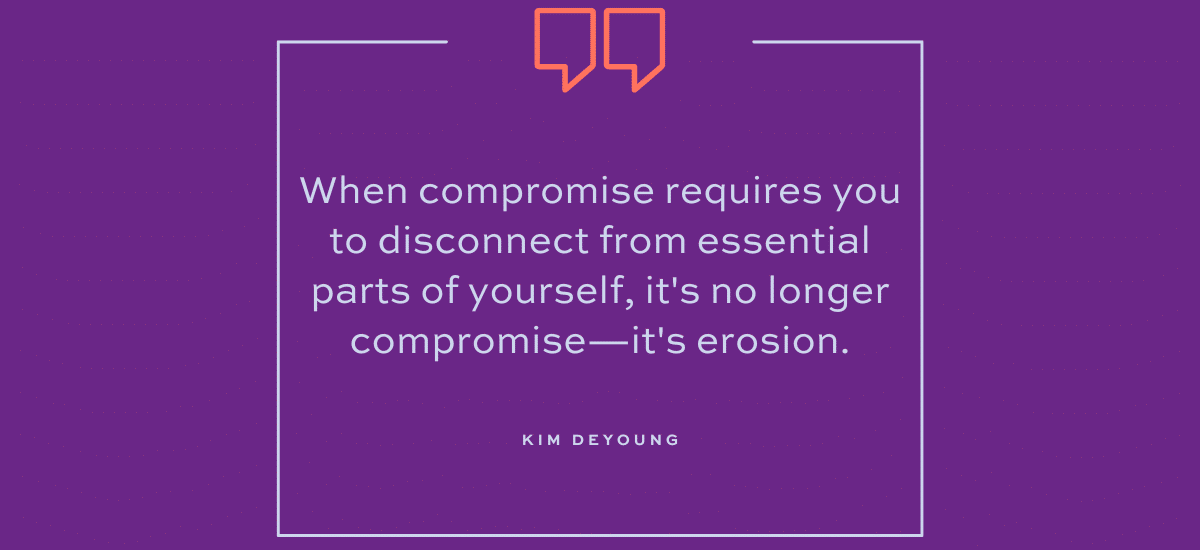The moment arrives silently at first. It starts with small concessions—a hobby set aside, a friendship that fades, a dream tucked away. You begin speaking a little softer, taking up less space, unconsciously tucking away parts of yourself. At first, these choices seem small, even thoughtful. But over time, they don’t just shape your relationship—they shape you. Until one day, you look up and realize you’ve lost sight of who you are.
Love and compromise dance together in every relationship. You adjust schedules, split holidays between families, learn to live with someone who loads the dishwasher the wrong way. But there’s a critical line between healthy compromise and compromising who you are.
Think about the last big decision you faced in a relationship. Maybe it was about where to live, how to spend your time, or which dreams to pursue. These moments often arrive disguised as simple trade-offs: give up this, get that. Move here, build a life there. Let go of this dream, embrace a different one.
In these moments, it’s easy to get stuck focusing on what you might lose—the city you love, the career path you’ve built, the lifestyle that makes you feel alive. But there’s another way to see these crossroads. Instead of viewing them as moments of loss, you can see them as moments of choice—opportunities to define what matters most to you and choose accordingly.
This isn’t about fear of loss—it’s about courage to choose growth.
I recently worked with a woman facing this exact challenge. She’d spent years building a thriving creative business in the city, surrounded by a network of fellow artists and entrepreneurs who fueled her imagination. Her work wasn’t just a career—it was her calling. Her partner loved her deeply, but that love came with conditions: move to a quiet suburb, take a more “practical” job, and reshape her creative pursuits into a weekend hobby.
On the surface, her partner’s requests seemed reasonable—more financial security, a slower pace of life, a more traditional path. But each one cut deeper. Her creative work wasn’t just a job—it was how she made sense of the world. Her community of artists wasn’t just a network—it was where she felt most alive. Her unconventional schedule wasn’t just a lifestyle choice—it was the rhythm that allowed her creativity to flourish.
Most telling was how she initially framed her choice: “Should I give up my dreams for this relationship?” But as we worked together, a more empowered choice crystallized:
“I choose a life where I don’t have to sacrifice who I am to be loved.”
Compromise vs. Compromise of Self
It’s one thing to adjust your schedule for date night. It’s another to adjust your core values just to feel accepted.
Healthy compromise brings two people closer while honoring both individuals. But when compromise requires you to disconnect from essential parts of yourself, it’s no longer compromise—it’s erosion.
Ask yourself:
- Does a choice you’re considering come from a place of fear or a place of self-love?
- What parts of yourself are non-negotiable? (Your values, dreams, the way you move through the world)
- In making this decision, are you expanding or contracting?
Making Space for Growth
The distinction between healthy compromise and compromising yourself often lies in the aftermath. Healthy compromise energizes both partners and creates space for growth. But when you’re compromising your identity, you’ll feel a subtle but persistent shrinking—of your joy, your dreams, and your sense of possibility.
The hardest part about choosing yourself isn’t the actual decision—it’s giving yourself permission to make it. To believe that you deserve to be loved not despite who you are, but because of it.
When You Know It’s Time
Signs you’re compromising your core self:
- You catch yourself saying “I used to be…” or “I used to love…”
- You feel the need to hide or downplay parts of yourself that once lived in the open
- Your dreams for the future have shrunk to fit someone else’s comfort zone
This Week’s Reflection
Next time you face a big decision, ask: What am I choosing for myself? Not What am I leaving behind? This shift can open up possibilities you didn’t see before.
If you’re wrestling with a choice that feels bigger than just decision-making, let’s talk. Book a free call to explore what you’re navigating with clarity and confidence.
And if you know someone who needs permission to choose themselves, please share this post with them.


